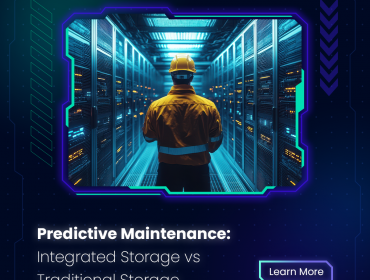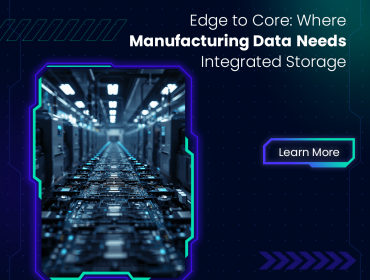In today’s volatile financial landscape, organizations are under mounting pressure to deliver not only accurate forecasts but also actionable insights that drive growth and resilience. High Performance Computing (HPC) is now a strategic asset in this mission, empowering CFOs to harness massive data sets, run advanced models, and make decisions at a speed and scale that were previously unattainable.
The Strategic Imperative: Why CFOs Embrace HPC
Beyond Traditional Forecasting
Financial forecasting has evolved from static spreadsheets and historical trend analysis to dynamic, scenario-driven modeling. Modern CFOs must integrate internal financials, external economic indicators, and real-time market data to anticipate risks and opportunities. This complexity demands computational power far beyond what legacy systems can provide.
HPC as a Competitive Differentiator
HPC delivers the ability to process and analyze vast data volumes at lightning speed, supporting everything from risk modeling and fraud detection to real-time trading and regulatory compliance. For financial institutions, this means not just keeping pace with market demands but gaining a decisive edge.

Predict: Turning Data into Foresight
Advanced Predictive Analytics
CFOs are leveraging HPC to power machine learning and AI-driven predictive analytics. These models continuously learn and adapt, refining forecasts as new data streams in. For example, Monte Carlo simulations—once limited by computational constraints—can now be run at scale, providing a comprehensive view of risk across thousands of scenarios in minutes rather than hours. HPC-driven solutions achieved a 30% enhancement in risk prediction accuracy and enabled real-time analysis of market data streams exceeding 1 million transactions per second.” (Source: International Journal of Engineering and Technology Research)
Scenario Planning at Scale
With HPC, CFOs can conduct complex scenario analyses, stress-testing financial models against a multitude of variables such as interest rate shifts, geopolitical events, or supply chain disruptions. This level of granularity and speed equips organizations to anticipate not just the most likely outcomes, but also the improbable yet impactful ones.
Prepare: Building Resilience and Agility
Real-Time Risk Assessment
Regulatory environments are demanding ever-greater transparency and certainty in risk models. HPC enables financial teams to meet these standards by running intensive, iterative calculations that validate model accuracy and compliance in real time. This is especially critical during periods of market volatility, when rapid risk reassessment is essential.
Fraud Detection and Security
The surge in digital transactions has elevated the threat of financial crime. HPC-powered analytics can detect anomalous patterns and flag potential fraud instantaneously, reducing losses and safeguarding reputation. The ability to analyze millions of transactions per second means threats are identified and neutralized before they escalate.
Operational Efficiency
By automating data consolidation and model updates, HPC allows finance teams to focus on interpreting results and making strategic decisions, rather than wrangling data. This operational agility is vital for responding to fast-changing market conditions.
Prosper: Driving Growth and Innovation
Unlocking New Revenue Streams
HPC is not just about risk mitigation; it’s a catalyst for opportunity. By uncovering hidden patterns in data, CFOs can identify untapped revenue pools, optimize pricing strategies, and enhance customer experiences. For instance, predictive analytics can reveal cross-selling opportunities or highlight underserved market segments.
Enhancing Regulatory Compliance
With increasingly stringent regulations, the ability to rapidly generate accurate, auditable reports is a significant advantage. HPC ensures that compliance is not a bottleneck but an integrated part of financial operations, supporting both resilience and reputation.
Scalability for Future Demands
As financial services continue to digitize, the volume and complexity of data will only grow. HPC offers the scalability to meet these demands, whether deployed on-premises or in the cloud. This future-proofs the finance function, ensuring that CFOs can continue to innovate and lead.
The Stakeholder Perspective: Why This Matters
For stakeholders—board members, investors, regulators, and customers—the adoption of HPC by the CFO’s office signals a commitment to transparency, agility, and long-term value creation. It means the organization is equipped to:
- Anticipate and respond to market shifts with confidence
- Safeguard assets through robust risk and fraud management
- Drive sustainable growth through data-driven innovation
In an era where milliseconds can mean millions, HPC is not just a technological upgrade—it’s a strategic imperative for financial foresight.

Conclusion
CFOs who harness HPC are redefining what’s possible in financial leadership. By predicting with greater accuracy, preparing with agility, and prospering through innovation, they are setting new standards for resilience and growth in the financial sector. For stakeholders, this translates directly into competitive advantage, operational excellence, and enduring trust.












